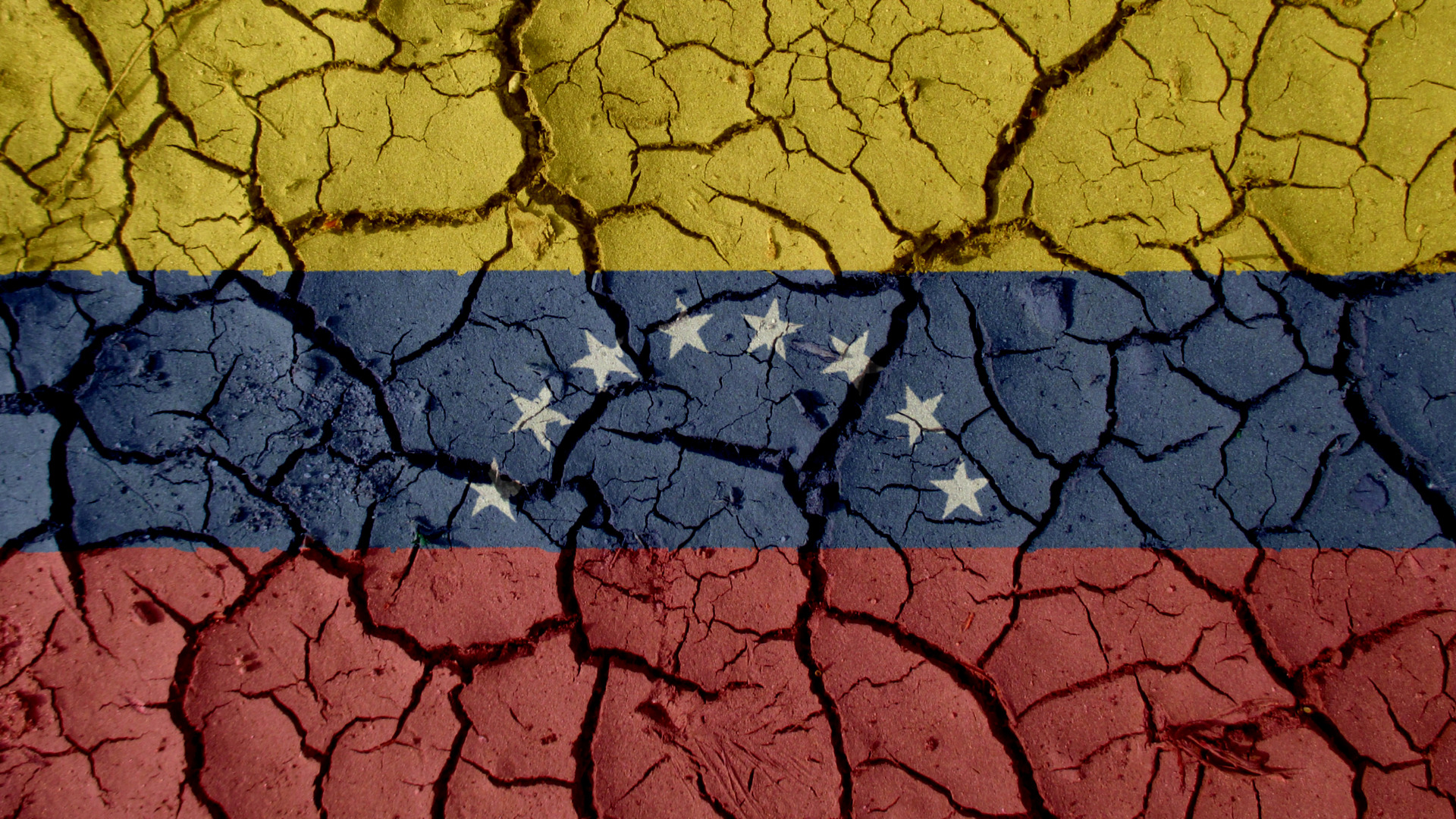Date first published: 08/08/2017
Key sectors:all
Key risks:violent unrest; looting; deadly clashes; internal conflict
Few remain reluctant to acknowledge that Venezuela is currently run by a dictator. The ‘election’ on 30 July of the National Constituent Assembly (ANC), the country’s supreme power in charge of rewriting the constitution, marked the end of what was left of Venezuelan democracy. This should come as no surprise, given that democratic rules and institutions have been consistently and efficiently eroded over years as the ruling PSUV consolidated a strategy now leading to a firmly authoritarian regime. Unprecedented national and international pressure on President Nicolas Maduro to cancel his plans to rewrite the constitution, and launch a peaceful political transition was not enough to avoid a rupture of the democratic order. After four months of almost daily violently-repressed protests, the opposition remains defiant but uncertainty grows as to how it would manage to operate in a country where rules will be written for and by the ruling party. Dissent will be out rightly targeted and violence is expected to increase. The risk of an armed insurgency cannot be ruled out.
Civil war in Venezuela is not an unthinkable scenario
Civil war in Venezuela is not an unthinkable scenario. Recent debates over the possibility of an armed insurgency forming over the coming months given the government’s use and abuse of force against civilians and the blatant determination to eliminate dissent and opposition have flourished. Yet, it remains unclear if such an insurgency would be able to seriously challenge the government. A low-scale civil war seems more likely should opposition militants resort to sophisticated and targeted attacks. This would unlikely have meaningful impact on Maduro’s power unless dissent within the armed forces materialises in outright support for those potential insurgent groups. Speculation over these possibilities spiked following the 6 August attack on the strategic Paramacay military base in Valencia carried out by 20 insurgent soldiers and civilians. The group called for a military uprising. A coup, however, is currently less likely than an insurgency.
The Paramacay attack shed light on at least two relevant points. First, although the government hurried to label the group as terrorists and claimed most of them were civilians dressed in military clothing, it proved that dissent in the military’s lower ranks is a possibility and that it can lead to either collaboration with insurgents or, although not yet evident, to a split within the armed forces. Secondly, the fact that the 10 people that escaped after clashing with security forces allegedly stole a large weapons cache from the base indicates that these groups might have further actions in mind. Anxiety and uncertainty over how far they would go is expected to increase over the coming months, although the government appears likely to be able to keep the higher ranks loyal to Maduro at least over the short term.
Pro- and anti-government militants could also increase the levels of violence observed across Venezuela. On 30 July seven motorised policemen who were repelling protests in Caracas were injured by an improvised explosive device, a tactic not usually seen in such protests. On 3 August two unknown motorists threw three Molotov cocktails at the Spanish Embassy following Spain’s decision not to recognise the ANC as legitimate. Although still rare, these two types of attack indicate that, as has Venezuela’s political and economic perspectives, the security situation could still further worsen over the coming months.



